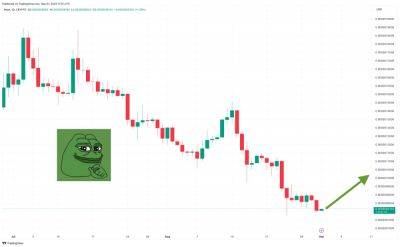Reshaping real world assets with tokenization and original Ethereum’s vision: AMA with Mattereum
"I'm pretty disappointed with the way Ethereum has gone since its launch," said Vinay Gupta, founder of Mattereum and former coordinator of Ethereum's initial release, during Cointelegraph's AMA session. "The idea was that we could use blockchain to govern infrastructure in the real world. There was this idea that we could tokenize real-world assets and get these new efficient economies, just better use of capital globally to provide people with bare goods, bare services with less waste and inefficiency. But that didn't happen."
With Mattereum which focuses on asset tokenization Gupta wants to go back to Ethereum's roots and address the original problem. “We’re not inventing fractional ownership from scratch. Big publicly traded companies like IBM, Google or Meta offer similar options as stocks available to everyone.
What we're doing is using the efficiency of blockchain to apply this fractional ownership concept to much smaller things, much cheaper and lighter. This brings the benefits of fractional ownership governance down to the point where you can start dealing with individual cars, homes, or works of art, rather than at the scale of power grids, airplanes, or utilities that serve hundreds of millions of users every day on the Internet," Gupta said.
He identified unreadiness in regulation as one of the factors that led Ethereum to off-track, which became a priority for Mattereum to solve. "Working with lawyers and convincing them to support our cause proved to be a lengthy process. It took us four years to complete our first transaction and six years to reach a point of being able to securitize. As a result, it's now possible to legally gain control of almost any asset in most countries in a completely legal way. This
Read more on cointelegraph.com























